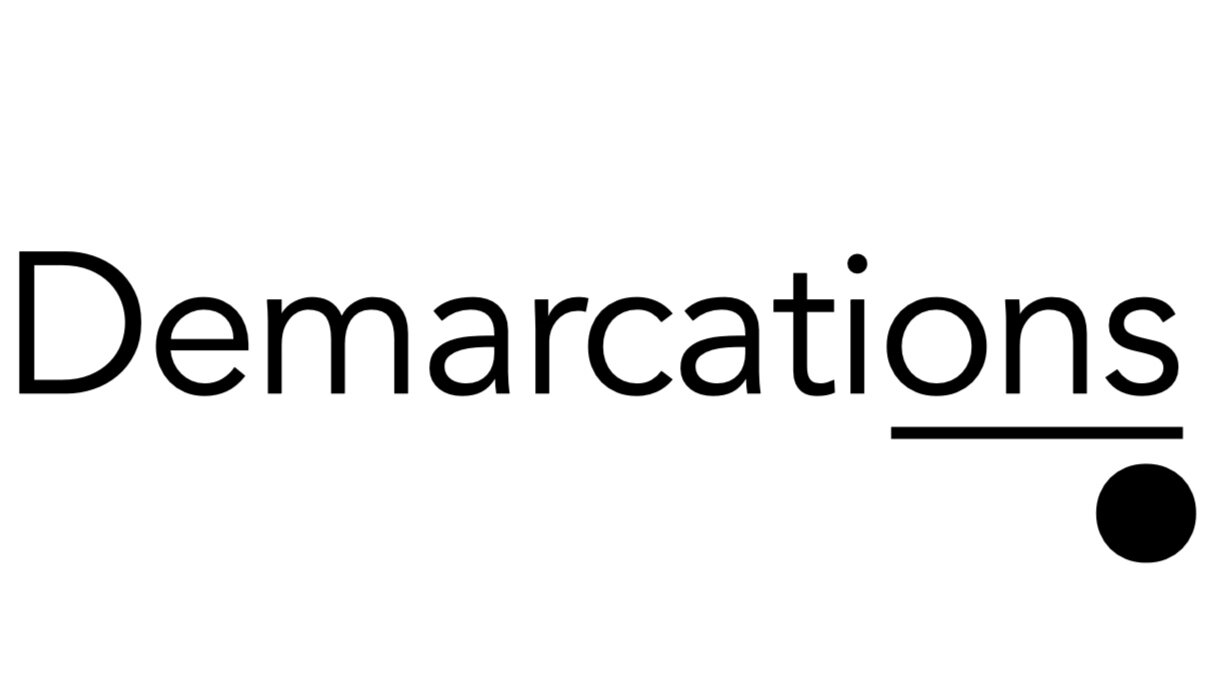One thing is now clear: for serial litigants, developing efficient processes for handling e-discovery is critical. Joan Goodchild at Computerworld sings a common refrain heard at the The Sedona Conference Institute e-discovery conference I attended last week:
NBC Universal is one of the largest media and entertainment companies in the world. Chief Information Security Officer Jonathan Chow and his team manage information security for several business lines within NBCU, including its broadcast and cable television to film production, online ventures and its two theme parks in Hollywood, California and Orlando, Florida. Among one of the biggest challenges in the last few years has been the incredible explosion in demand for e-discovery services, according to Chow.Since different legal teams handle the needs of each line of business, the workflows associated with managing electronic discovery vary as well, adding another layer of complexity. And because of the growing number of cases, and increases in both the amount of electronically stored information and hours spent supporting the process, demand for e-discovery services has increased 30 to 50 percent annually. The costs were spiraling out of control and this sent Chow looking for a way to manage the process internally.
Chow . . . tackled the costly and time-consuming process and turned it into a cost-effective and more efficient system that has seen a 40-45 percent gain efficiency since its implementation.
I spoke with several in-house teams who've done a remarkable job developing standardized workflow for handling e-discovery. In doing this, they've discovered how wasteful the processes were when handled by outside counsel.
But the lesson isn't that in-house teams are necessarily more cost effective than outside lawyers. Outside counsel can do this too. The lesson is that process matters. Efficient processes allow in-house teams to save money for their companies. And outside counsel can give their clients the service they deserve.
